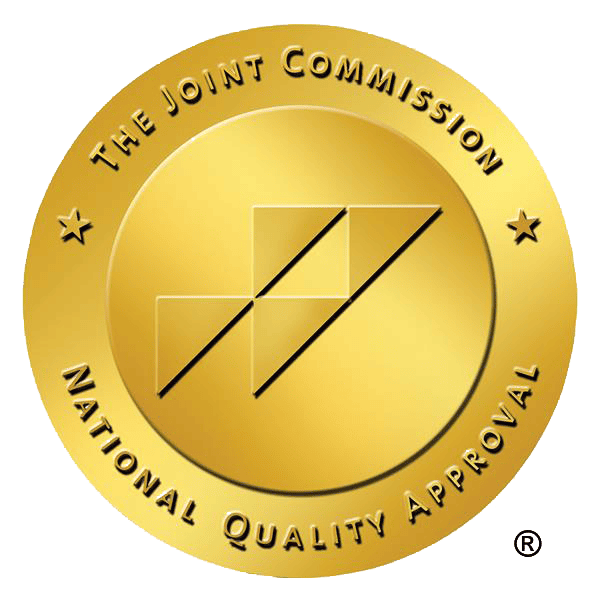In the journey of recovery, hope can often be viewed as a far-off destination. Yet, hope, coupled with despair, forms the foundation upon which personal growth and healing stand. Friedrich Nietzsche once said, “It is out of the deepest depth that the highest must come to its height.” This week at The Prairie Recovery Center, we delve into this interplay between hope and despair.
Understanding Hope: Beyond Optimism
Many interpret hope as mere optimism or wishful thinking. However, this perception isn’t wholly accurate. Hope is resilient—it stands strong in the face of despair, acting as a beacon of light in the darkest of times.
In 2010, Weingarten introduced the idea of “reasonable hope,” depicting it as an attainable and accessible form of hope. Contrary to the airy nature of wishful thinking, “reasonable hope” is grounded and characterized by:
- Relational Roots: Hope blossoms through human connections; it isn’t an isolated emotion.
- Action-Oriented Approach: We practice hope, essentially making hope a verb rather than a mere noun. As with any practice, mistakes are part and parcel of the journey.
- Embracing Uncertainty: Accepting that the future is unpredictable fosters hope. When the future isn’t set in stone, there’s room for influence and change.
- Clear Goals and Pathways: Hope thrives when we have a clear goal and a known pathway to achieve it.
- Accommodating Doubt: Hope isn’t the absence of doubt, contradictions, or despair. Instead, they coexist.
Hope and Despair: Companions in Growth
The prevailing notion suggests a binary relationship between hope and despair—you either have hope or you’re in despair. However, in our approach at The Prairie Recovery Center, we recognize that hope and despair can coexist. They are two sides of the same coin.
Despair isn’t an emotion to be shunned or eradicated. In fact, it’s a potent catalyst for personal growth. This dynamic is beautifully encapsulated in Robert Hilliker’s words from 2012, stating that our most profound growth occurs in the valleys of our lives. While these valleys might be treacherous, they are also fertile grounds where hope can flourish.
Cultivating Hope: An Insight from Snyder’s Hope Theory
Dr. Snyder’s Hope Theory presents a three-pronged approach to cultivating hope:
- Goal Formation: Goals act as compasses, guiding our journey. Effective goals are specific, measurable, and achievable.
- Harnessing Agency: Agency is the driving force, the motivation pushing us towards our goals.
- Pathway Creation: To reach our goals, we need to carve out pathways or steps. It’s these pathways that lead us to our desired endpoint.
Concluding Thoughts: Hope in Recovery
As our week at The Prairie Recovery Center draws to a close, it’s crucial to introspect and reflect. Were there obstacles? Did despair cloud the glimmers of hope? Such experiences are integral to the recovery journey.
Recovery isn’t just about eradicating despair but learning to harness it, turning it into a source of strength and growth. An individual’s story of addiction, which might be a source of despair today, can transform into a beacon of hope for others tomorrow. It can be their way of giving back, and aiding others on their recovery journey.
At The Prairie Recovery Center, we believe in the transformative power of hope. In the dance between hope and despair, there lies the path to personal growth and recovery. By understanding, embracing, and acting on this dynamic, we can steer our lives towards a brighter, hope-filled future.









